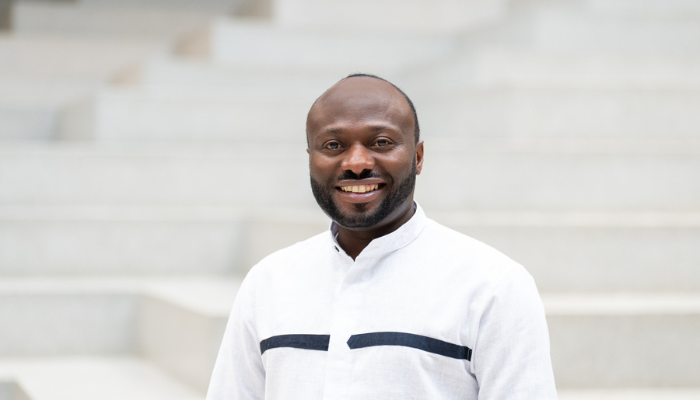Celestin Mutuyimana
Digital psychotherapeutic intervention for post-war communities

In post-war regions such as East Africa, there is a significant lack of culturally sensitive treatments for post-traumatic sequelae. Moreover, the few available treatments are underutilized due to a range of factors, including the severe shortage of mental health services. The annual rate of mental health visits is only 14 per 100,000 people, compared to the global average of 1,051 per 100,000. The number of mental health professionals is also disproportionately low, with just 0.1 per 100,000 people. Another major barrier is stigma: 57% of individuals in the region face social stigma, while 29% experience internalized stigma. At the same time, the cost of mental health services remains prohibitively high, making it unaffordable for regular people.
These are dramatic statistics for a region like East Africa, where the prevalence of post-traumatic sequelae is alarmingly high, affecting nearly 30% of the population equaling more than 90 million people in need of support. This situation not only exacerbates chronic mental health issues but also perpetuates intergenerational trauma, ultimately hindering economic development and recovery. It is estimated that 4% of GDP (gross domestic product) is lost due to mental health problems. Hence, it is crucial to find solutions that can help the suffering individuals to reduce long-term mental-health issues and bring healthy individuals back to work.
Celestin Mutuyimana and his team are developing a digital psychotherapeutic intervention that considers both universal symptoms of post-traumatic sequelae, such as PTSD and Complex PTSD, and culturally specific symptoms like body-related symptoms, mistrust, and unspeakable emotions. Digital solutions are crucial in this context because they are easily accessible, carry less stigma, and can be supported by virtual therapists. This approach is cost-effective, reducing treatment expenses and hospitalizations. While the initial solution will be developed for communities in East Africa, it has potential of benefiting survivors and their communities in post-war zones around the world.
In his Entrepreneur Fellowship project, Celestin will perform market validation and initial development of the intervention to run a pilot with specific patient groups in East Africa. The goal is also to start building a team across post war zones worldwide.
Affiliation: Prof. Dr. Dr. Andreas Maercker
Start date: 10/2024